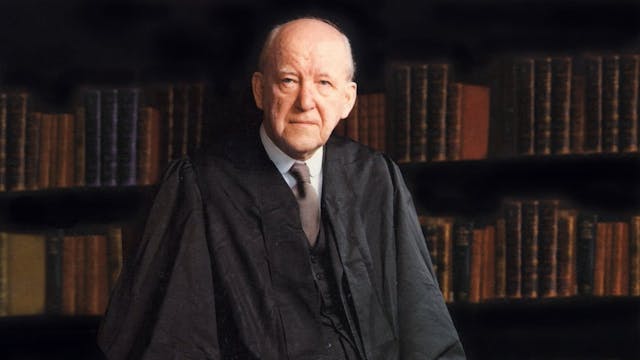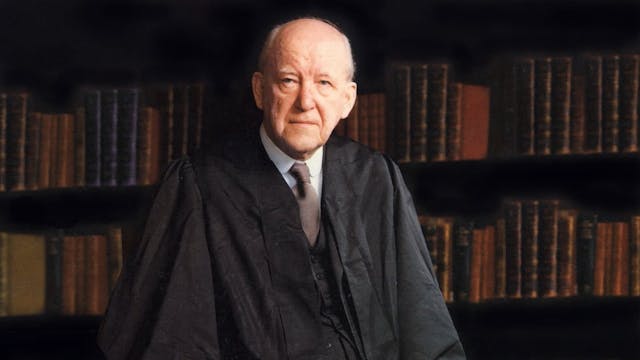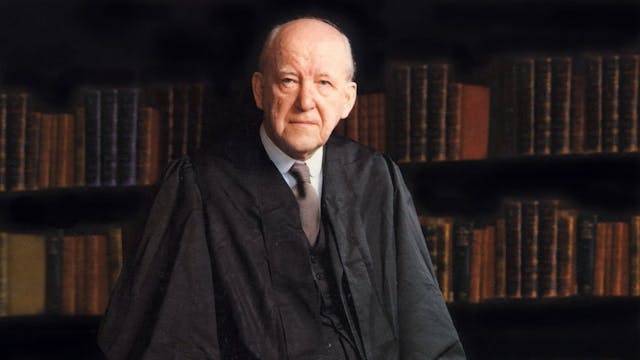What happens between death and the final resurrection, the so-called “intermediate state”? In this sermon on “The Intermediate State,” Dr. Martyn Lloyd-Jones presents and explains several views on the intermediate state. Some propose that souls sleep until Jesus comes again; some argue that the dead reside in Abraham’s bosom or a place of suffering until the final judgment; others argue that only those who have eternal life with God will even exist eternally, a view called conditional mortality. But what does the Bible say? Dr. Lloyd-Jones presents a biblical case for why both believers and unbelievers will live eternally, either with God or apart from Him forever in suffering. Many people are troubled by this thought—how could a loving God cause and allow people to suffer forever? “Surely,” they say, “those who die will have another chance to be saved after they die.” Dr. Lloyd-Jones answers these questions firmly but biblically, reminding the listener that one must not allow one’s own idea of justice and love to influence how they look at and interpret Scripture. One’s eternal destiny is decided by their choice to repent or rebel in this life.
Up Next in Great Biblical Doctrines
-
The Final Judgement
What does Scripture teach? In this sermon on the final judgment, Dr. Martyn Lloyd-Jones explains the final judgment as the final solution to the world’s trials, yet many people run to temporary fixes while ignoring this key doctrine. Some reject the idea of this judgment because they cannot recon...
-
The Marks and Government of the Church
In this sermon on the government of the church, Dr. Martyn Lloyd-Jones delves into the practical aspects of why and how Christ created and leads His church. Dr. Lloyd-Jones explains that a church exists to preach the word, for the upbuilding of the saints and the strengthening of faith, for evang...
-
The Resurrection
Is there Scriptural evidence upholding a physical raising of the body? In this sermon titled “The Resurrection of the Body,” Dr. Martyn Lloyd-Jones expounds on a difficult topic by surveying the teaching of the Old and New Testament on the subject. As he demonstrates, the New Testament is clearer...



